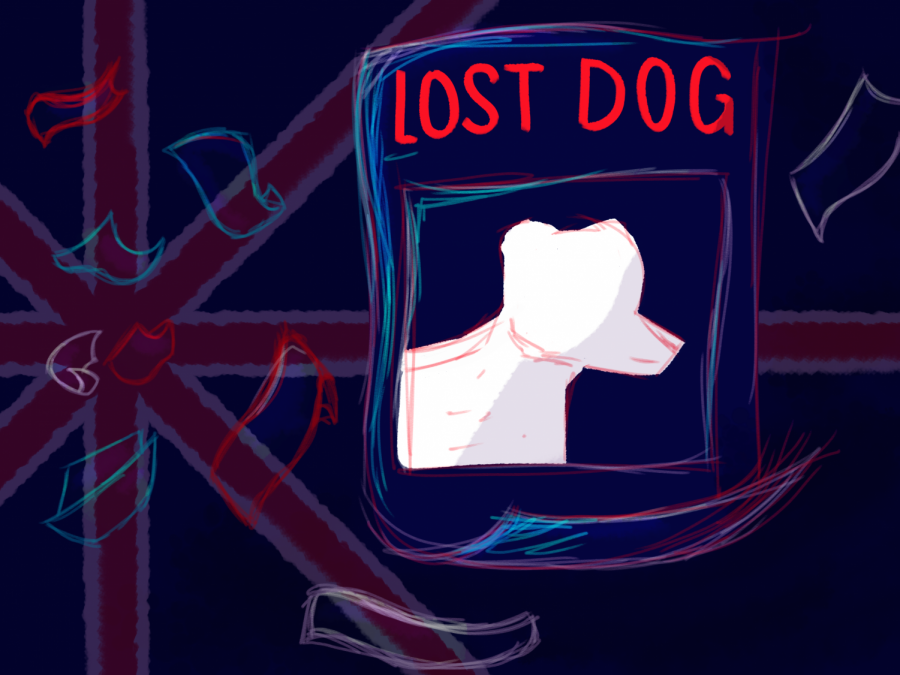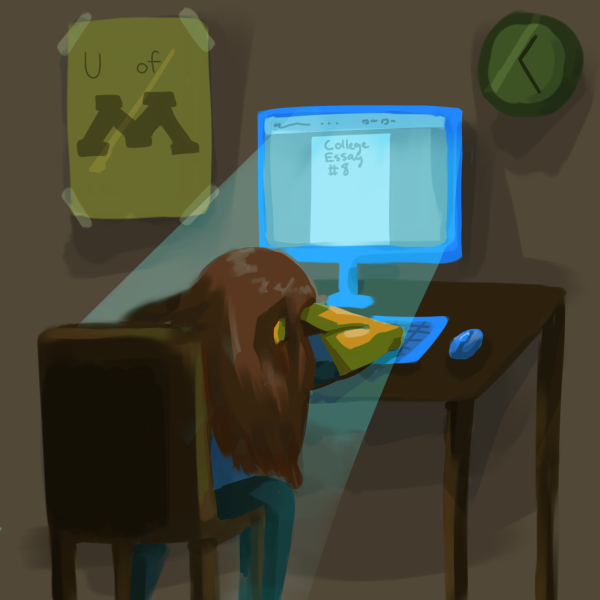Hot Diggity Dog: Increase In Dognapping In the UK During Lockdown
September 25, 2020
Dogs are said to be man’s best friend. In addition to their endless energy and cuddles, dogs provide something else: economic value. To many dog owners, the economic value of their pet is long forgotten after purchasing their furry friend. However, due to the increase in demand for dogs in the lockdown period, the prices for dogs have skyrocketed, especially in the United Kingdom (UK). Cocker spaniels, for instance, go for around £3,500 and, for other breeds, the prices are much higher. Some French bulldogs are even listed for £7,500.
Wayne May, who runs an Animal Rescue in Kent, said “[That’s] a good £2,000 over what they’d normally be.”
While the higher prices may deter aspiring pet owners from buying a dog, it actually encourages criminals to steal them. Now, more criminals are resorting to dognapping pets from their owners and reselling them.
Dog owners are rightfully fearful. According to the Independent News, many have spotted mysterious chalk markings in their neighborhoods on doorsteps, fences and trash cans. While this could simply be random markings, dog owners suspected these marks could be a way for dognappers to target specific households. Other dog owners stated they are being targeted while they take their dogs out on walks, while others said that children armed with peanut butter to lure in dogs pose a serious threat.
Although in relation to other crimes the number of cases of dognapping is relatively low, only around 2,000 per year in the UK, BBC News states that only 17% of these dogs are returned to their owners. This year might be even worse.
DogLost, a clarity and digital platform used to reunite lost dogs to their owners, stated that, compared to last year, dog thefts have risen 65% from March 23rd, when lockdown was announced, and June 1st.
Abra Arora, ‘22, offered her own opinion on the dognapping situation in the UK and said, “I think it is wonderful that online communities are helping people find their dogs, but I also think the government should be getting involved. This is a problem that can be devastating for families, and they shouldn’t just have to rely on the Internet for help.”
Arora isn’t the only person that believes the government should get involved. Since the rise of dognapping during quarantine, people from all over the UK have been consistently spreading awareness around this topic. Approximately 250,000 people have signed petitions pushing for harsher sentences for those that have stolen dogs, cats, and other family pets.
Even with all of this pressure, the government rejected the calls for tougher sentences, stating that the current laws are sufficient. The specific law the government mentioned is the Theft Act of 1968, which entails a maximum sentence of 7 years. Moreover, the government instructed people to stay vigilant and report any suspicious activity.
While there isn’t a clear solution to dognapping in the UK, there is a silver lining. Throughout lockdown, communities thrive online stronger than ever, spreading awareness around all issues around the world. Perhaps social media is the answer to keeping owners and dogs together—a paw-some idea.






























